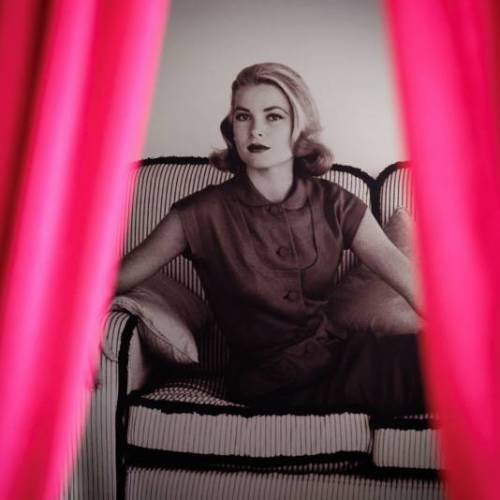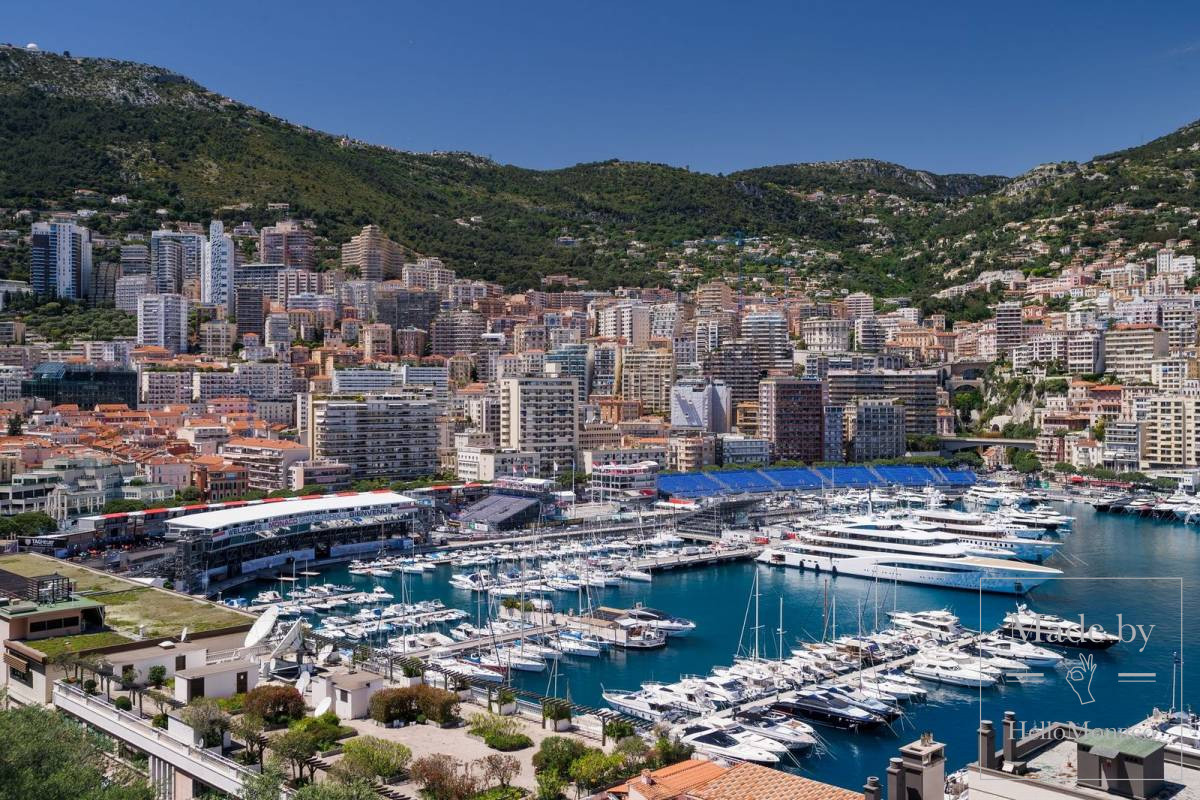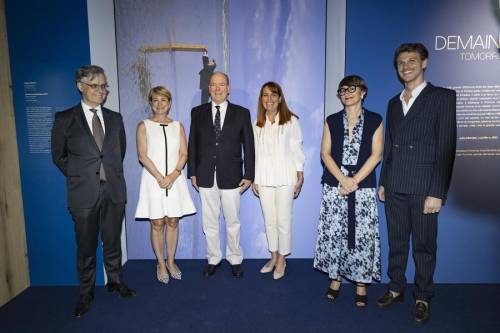Monaco’s Philosophical Meetings are making a comeback on 12-13 October for the seventh year. Created and presided over by Charlotte Casiraghi, next month’s meetings will open with the theme of dreams and close with the theme of war.
According to a recent press interview with Charlotte Casiraghi, it seems absolutely essential to offer this time for reflection around the major subject of war, which is currently in the news and which concerns and affects us all.
Thanks to the Monaco Philosophical Meetings, the Principality is now internationally associated with philosophy. Every regularly held meeting is attended by loyal and new attendees, eager to brush up on or introduce themselves to philosophical ideas.
The upcoming meetings include a philosophy workshop aimed at children and an event about German-Austrian Jewish philosopher Gunther Anders. All three events are free and take place at the Princess Grace Theatre.
What’s the use of dreaming?
The dreams philosophy workshop, free and open to children aged 7 to 10, will be a chance for kids to discuss thoughts and ideas openly and freely. With the help of experienced facilitator, Alicia Polzella Gauduel, budding philosophers will think, listen to one another and express their own ideas. Based on a cartoon extract about dreams, children will be invited to discuss what they think of dreams, the difference between dreams and reality and the usefulness of believing in their dreams.
Dreams philosophy meeting for children: Wednesday 12 October from 2:30pm until 3:45 pm.
Gunther Anders: Nuclear Event Thinker
In June 1953, Gunther Anders engaged in a long correspondence with one of the American pilots in the atomic bombing of Hiroshima, Claude Eatherly. This was not the pilot of the Enola Gay, who actually dropped the bomb on 6 August 1945, Paul Tibbets. Claude Eatherly was the pilot of the Straight Flush, the reconnaissance pilot who, an hour before the atomic bombing, had flown over Hiroshima to determine if the weather, atmospheric and “military” conditions were favourable for dropping the bomb. After the bombing, and following a first suicide attempt in 1950, Claude Eatherly was interned in a psychiatric hospital of the American army. Eatherly categorically refused to be hailed as a national hero for his part in the bombing of Hiroshima despite enormous pressure from American authorities. He suffered from severe depressions, anxiety attacks and deep remorse. He was followed by psychiatric treatment at the Veterans’ Administration Hospital, located in the small town of Waco, Texas. Gunther Anders engaged in a long and powerful correspondence with the American pilot.
In his letters, the philosopher particularly sought to reassure the man who will become a friend and fellow participant in the anti-nuclear fight. He also sought to describe and grasp our era as entirely surrounded by technology which is not leading to us to progress, but could lead humanity into self-extinction.
“Gunther Anders” philosophy meeting takes place on Wednesday 12 October from 12:00pm to 1:30pm.
War and philosophy
Confronted with war, philosophy seems too little, too late. It unfolds when the war is not yet present, trying to hold everything back and prolong peace, or when the war is no longer there, struggling to heal the wounds, accompany bereavement, revive morality, restore justice. When “the war is here” when assault rifles, bombs and missiles rip apart buildings, set fire to farms, schools, hospitals and factories, raze entire neighbourhoods, leaving children, men and women, dogs and horses, charred on the ground, when there is no more drinking water, when one dies of hunger and pain; well, philosophy hardly finds a place in people’s minds. Maybe that’s the reason why there is not a “philosophy of war” as there is a “philosophy of language” or a “philosophy of art” and that the discourse of war refers more easily to literature or cinema, to speeches on strategy and military, history, economics and politics. However, from Heraclitus to Hegel, from Plato to Machiavelli, from Augustine to Hobbes, from Montesquieu to Carl von Clausewitz, Sebald Rudolf Steinmetz, Bertrand Russell, Jan Patočka or Michael Walzer, philosophers have always “spoken” of war, to denounce it or justify it, analyze its foundations, causes, effects. Is war the “blind spot” of philosophy, condemning it to speak only of what precedes or follows it, or on the contrary, the burning “hearth” where all its problems of morality and immorality are concentrated?
“War and Philosophy” takes place on Thursday 13 October from 7pm-9pm.









